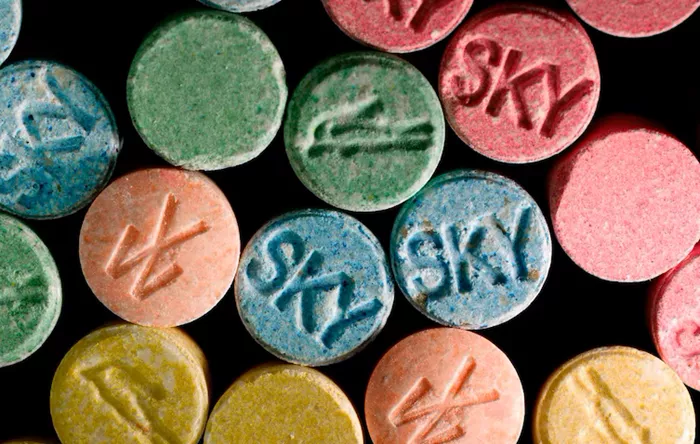A recent longitudinal study highlights potential mental health risks associated with psychedelic use in illegal settings, linking it to an increase in psychotic and manic symptoms. However, these effects were not observed among users in legally permitted environments.
Conducted by researchers at the Karolinska Institute and published in Psychological Medicine, the study surveyed over 21,000 adults in the U.S. between 2023 and 2024. About 500 participants reported using psychedelics during the study period, with most using them in illegal contexts.
The researchers found that people using psychedelics illegally experienced a rise in symptoms such as hallucinations, delusions, elevated mood, and racing thoughts. Those with a history of schizophrenia, bipolar I disorder, or schizotypal personality disorder appeared especially vulnerable to worsening manic symptoms.
Lead author Otto Simonsson, a postdoctoral researcher at Karolinska Institute, emphasized the importance of understanding risks outside controlled clinical trials. “We know little about psychotic or manic episodes following naturalistic psychedelic use, especially among those excluded from clinical research,” he said.
The study distinguished between illegal psychedelic use and use in places where these substances are decriminalized or legally allowed. Only illegal use correlated with increased mental health symptoms. Factors contributing to this risk likely include unsafe settings, lack of psychological support, and unpredictable drug content or dosage.
Interestingly, the study did not find a clear link between psychedelic use and worsening psychotic symptoms in participants with diagnosed schizophrenia or bipolar I disorder, though the small sample size limits firm conclusions.
Researchers caution that the study’s reliance on self-reports and a non-random sample restricts definitive causal claims. Still, the findings underscore the need for more research on how legal context, personal mental health history, and the nature of the psychedelic experience influence outcomes.
As psychedelics gain popularity both in medical research and recreational use, understanding their safety profile is crucial. Clinical trials carefully screen participants and control settings to minimize risk, often excluding individuals with psychotic or bipolar disorders.
In contrast, naturalistic use—especially where it remains illegal—may pose greater dangers, particularly for those with psychiatric vulnerabilities. The study suggests individuals should approach psychedelic use cautiously, seeking safer, supervised environments when possible.
Future research aims to identify biological markers that could predict susceptibility to adverse effects and develop guidelines to mitigate risks. Meanwhile, clinicians and users alike should be aware that not all psychedelic experiences are benign, especially outside professional supervision.
Related topics:
- Addictive Screen Use Linked to Suicide Risk in Kids
- 8 Reasons Antidepressants May Not Work for You
- What Mental Disorders Qualify For Disability?


